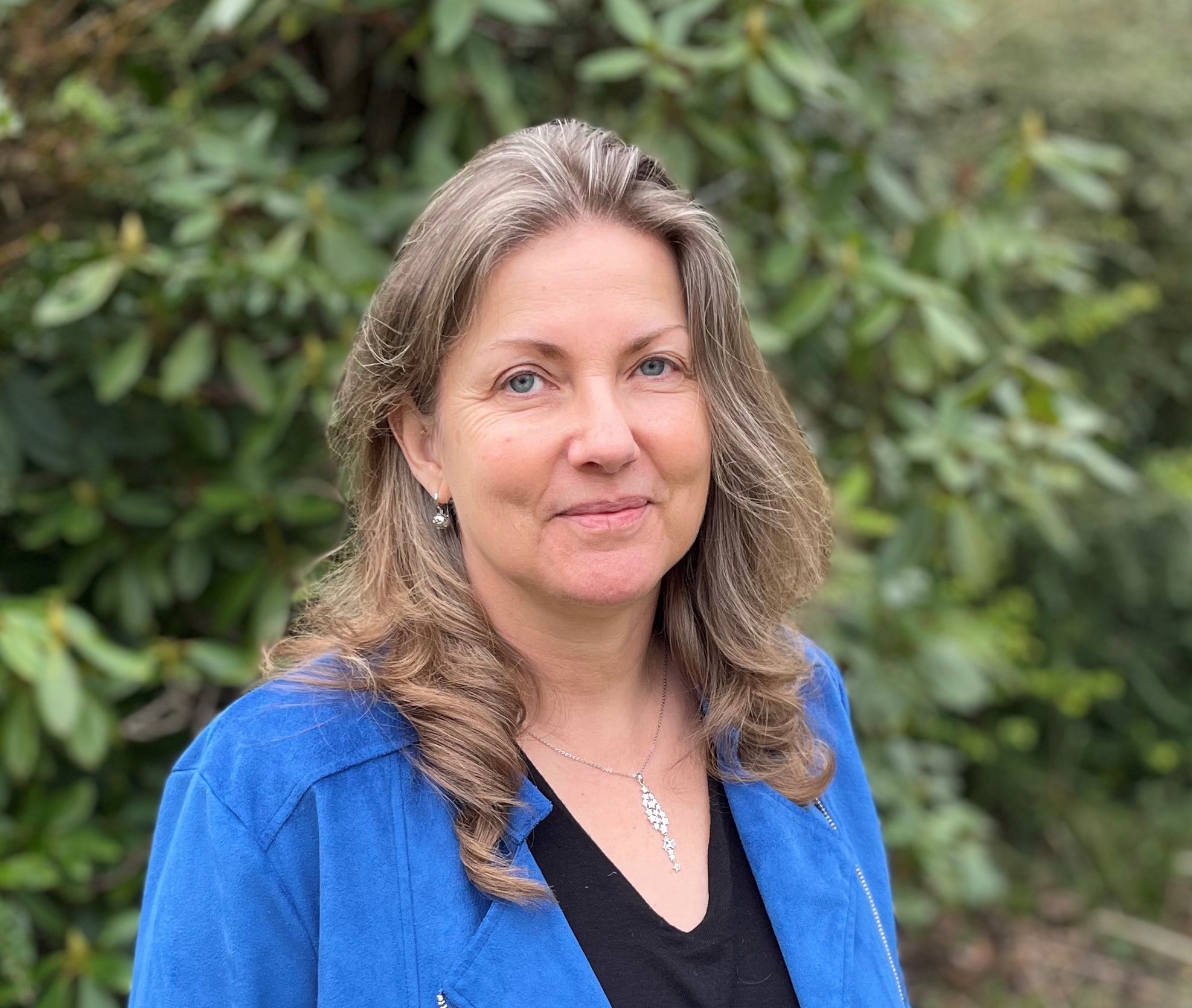
Caro Frazer
Registered Member MBACP
Contact information
- Phone number
- 07865 292557
Features
Availability
I offer face-to-face sessions in a central location in York. I am also continuing to offer sessions online (via Zoom) or by phone.
If you'd like to get in touch, I recommend sending an email in the first instance. My phone is off most of the time and so email is the easiest way for us to make contact to arrange a suitable time to speak.
I aim to respond to enquiries within 24 hours (Monday-Friday). If you've not received a response after 48 hours, please check your spam folder as my email may have been misdirected there.
Please note that my practice will be closed between 20th December and 5th January.
About me and my therapy practice
There are times in life when we feel that things have gone wrong and we don’t know what to do to feel better. At these moments we can feel out of control and struggle to cope. It could be that we suspect difficult experiences in the past are affecting our lives now or that a relationship is caught in a never-ending loop.
All this is normal and it happens to us all, often many times throughout life. It’s so important that we can ask for help without feeling ‘like a failure’ or that spending money and time on ourselves is self-indulgent. On the contrary, counselling can be the best investment we ever make – not just for ourselves but also for those we love.
Clients have told me that when they are with me they feel understood and safe. They feel able to voice the thoughts they’ve not been able to say, even to themselves. Being able to express our whole self is vital in understanding what is troubling us.
My intention is to offer a supportive and therapeutic space where you have the opportunity to untangle your emotions and sift through those elements of your life that you are dissatisfied with. I will draw on my knowledge of various theoretical approaches as and when I feel that may be beneficial. I will strive to understand how life is for you, to listen to you fully and offer back to you what I hear. Through this, you will be able to properly understand yourself and know what you need to be different. It might mean changes in your relationships, in the way that you talk to yourself, or how you perceive and react to others.
I believe that counselling is about growing your awareness of how you behave in the world and of allowing yourself more choice in your responses. As you grow your awareness, you are more likely to behave in a way that ensures you will get what you need and through that you will feel more at ease with yourself and with those around you.
Practice description
The foundation of my approach is humanistic, drawing especially on person-centred and emotion-focused therapies. This means that I value above all else the client’s autonomy and inherent wisdom and I view our counselling journey as a collaborative venture. I believe that our emotions provide us with important information about what we need. Often, however, they can be unclear, confusing or even frightening.
In an emotion-focused approach to therapy, the therapeutic relationship is essential to the process of understanding what is causing us to feel the way we do. Our emotions are adaptive – they help us get what we need – but our emotional reactions to events are also shaped by our unique histories and relationships. Understanding the reasons we feel a certain way is a delicate but vital process through which emotions are brought to the surface and talked through to decipher how we need to act on them. This experiencing of emotions and the subsequent making sense of them through dialogue is key to our understanding of our thoughts, feelings and behaviours.
The mind and its emotional system are unique to each person and cannot be reduced down to a medical diagnosis or pharmacological intervention. Focusing on emotion in a counselling environment provides us with more targeted, precise information about what is happening in the mind. Recent neuroscientific research provides compelling evidence for the healing power of an empathically-attuned therapeutic relationship.
My first session
I offer an initial 20 minute phone call without charge. This gives you the opportunity to say a little about what brings you to counselling now and what you hope to get from it, as well as to ask any questions you may have. The counselling relationship is a crucial part of successful therapy, so it’s important for you to see whether you feel you could comfortably work with me.
If, after that initial call, we decide to work together, I will send you a welcome pack and ask you to complete some paperwork prior to our first session.
During our first session, we will discuss in more detail your hopes and concerns, and we will agree an initial number of sessions. Counselling may last for a few weeks or for over a year. We will frequently review how you feel we are progressing towards what you hoped for.
What I can help with
Abuse, Anxiety, Bereavement, Cancer, Career coaching, Depression, Development coaching, Disability, Health related issues, Identity issues, Infertility, Leadership coaching, Life coaching, Loss, Personal development, Post-traumatic stress, Redundancy, Relationships, Self esteem, Stress, Trauma, Work related issues
Types of therapy
Emotionally focused therapy, Existential, Humanistic, Integrative, Person centred, Relational
Clients I work with
Adults, EAP, Trainees
How I deliver therapy
Long-term face-to-face work, Online therapy, Short-term face-to-face work, Telephone therapy